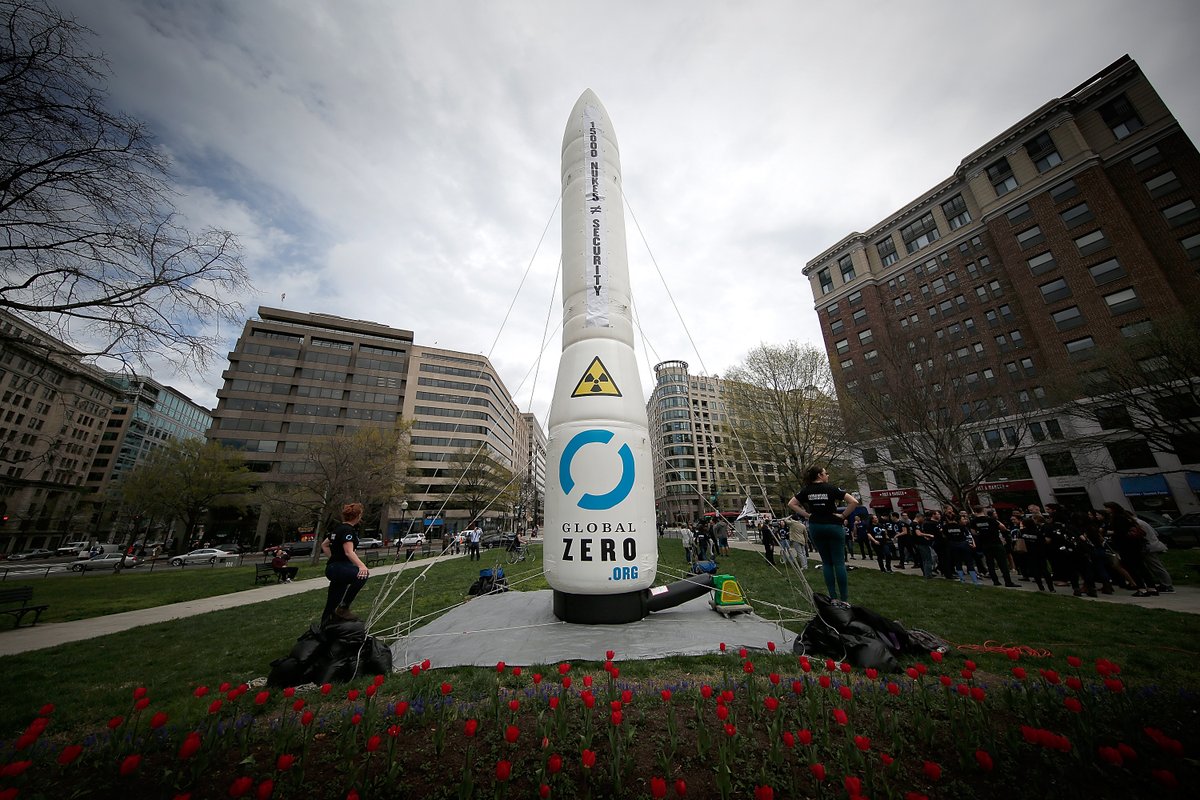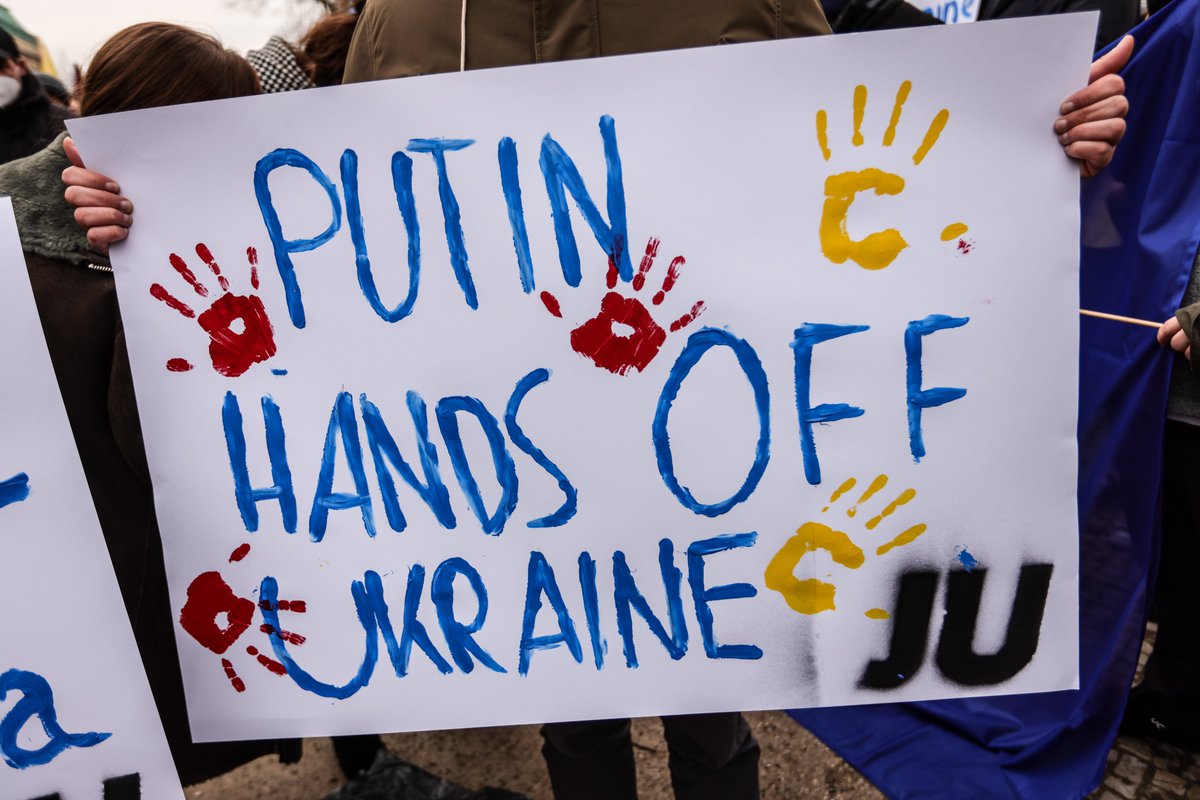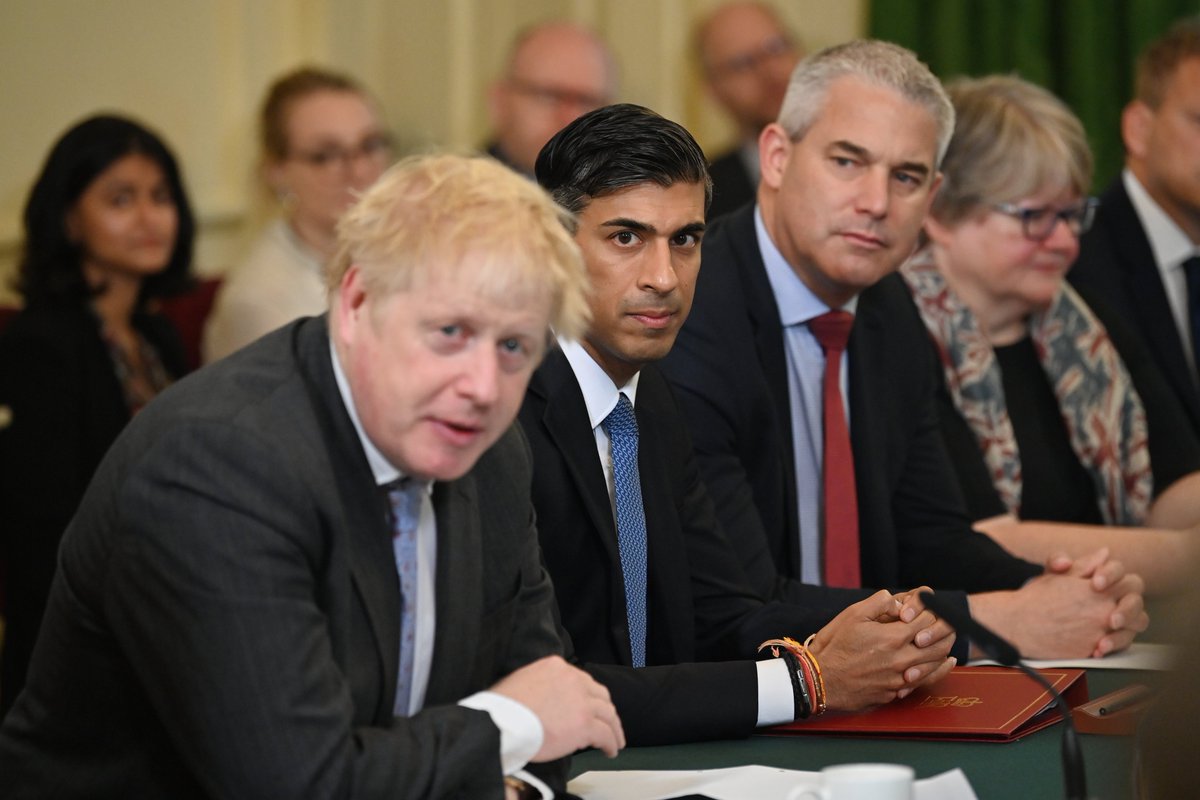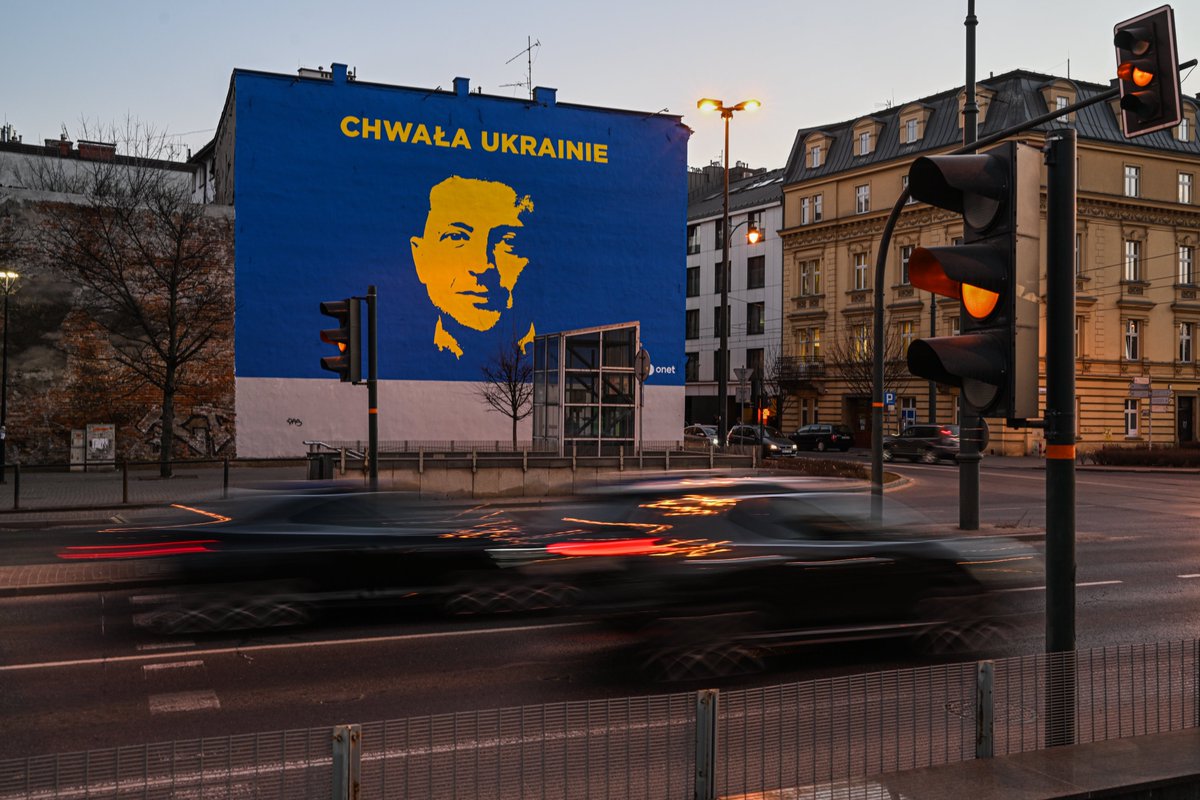
With Putin engaged in ominous nuclear sabre rattling since the eve of his invasion of Ukraine, a debate has been raging among nuclear experts over whether and when he might make good on his threats. newstatesman.com/security/2022/…
Although most experts agree that the overall risk of nuclear weapons being used in this conflict remains low, one of these scenarios appears more likely than the other. 

If Putin’s objective is the occupation of at least some parts of Ukraine, it is hard to see how the use of a nuclear weapon on the country serves his interests. 

However, the prospect for a limited nuclear strike against the United States or Nato seems, relatively, greater. 

Indeed, Putin has promised that anyone who stands in his way will face consequences “such as you have never seen in your entire history”. 

With few concrete answers available, some analysts have looked to the documents that lay out the circumstances under which Russia says it would or could use nuclear weapons for clues.
Moscow’s military doctrine states that:
🔴 Russia “shall reserve the right to use nuclear weapons in response to the use of nuclear and other types of weapons of mass destruction against it or its allies”.
🔴 Or“in the event of aggression against the Russian Federation.”
🔴 Russia “shall reserve the right to use nuclear weapons in response to the use of nuclear and other types of weapons of mass destruction against it or its allies”.
🔴 Or“in the event of aggression against the Russian Federation.”
A 2020 presidential decree further indicates that Moscow could use nuclear weapons in response to;
🔴 “Reliable data on a launch of ballistic missiles attacking the territory of Russia or its allies”
🔴Or following “the use of nuclear weapons against Russia or its allies”.
🔴 “Reliable data on a launch of ballistic missiles attacking the territory of Russia or its allies”
🔴Or following “the use of nuclear weapons against Russia or its allies”.
But because Putin’s war on Ukraine falls outside the scope of these protocols, these nuclear policies are neither especially helpful nor reassuring in this case. 

Although its conventional capabilities have improved significantly over the last decade, Moscow still relies on its nuclear weapons for flexibility in managing the risk of escalation. 

This suggests that Russia would not automatically resort to nuclear weapons to win a conventional war, as some have argued. 

What is still unclear is at what stage Moscow might deem its conventional tools to have been exhausted, or what Putin himself might consider an existential threat. 

Without knowing where Putin’s red lines are in this conflict, Western policymakers cannot know how to avoid crossing them. newstatesman.com/security/2022/…
• • •
Missing some Tweet in this thread? You can try to
force a refresh











